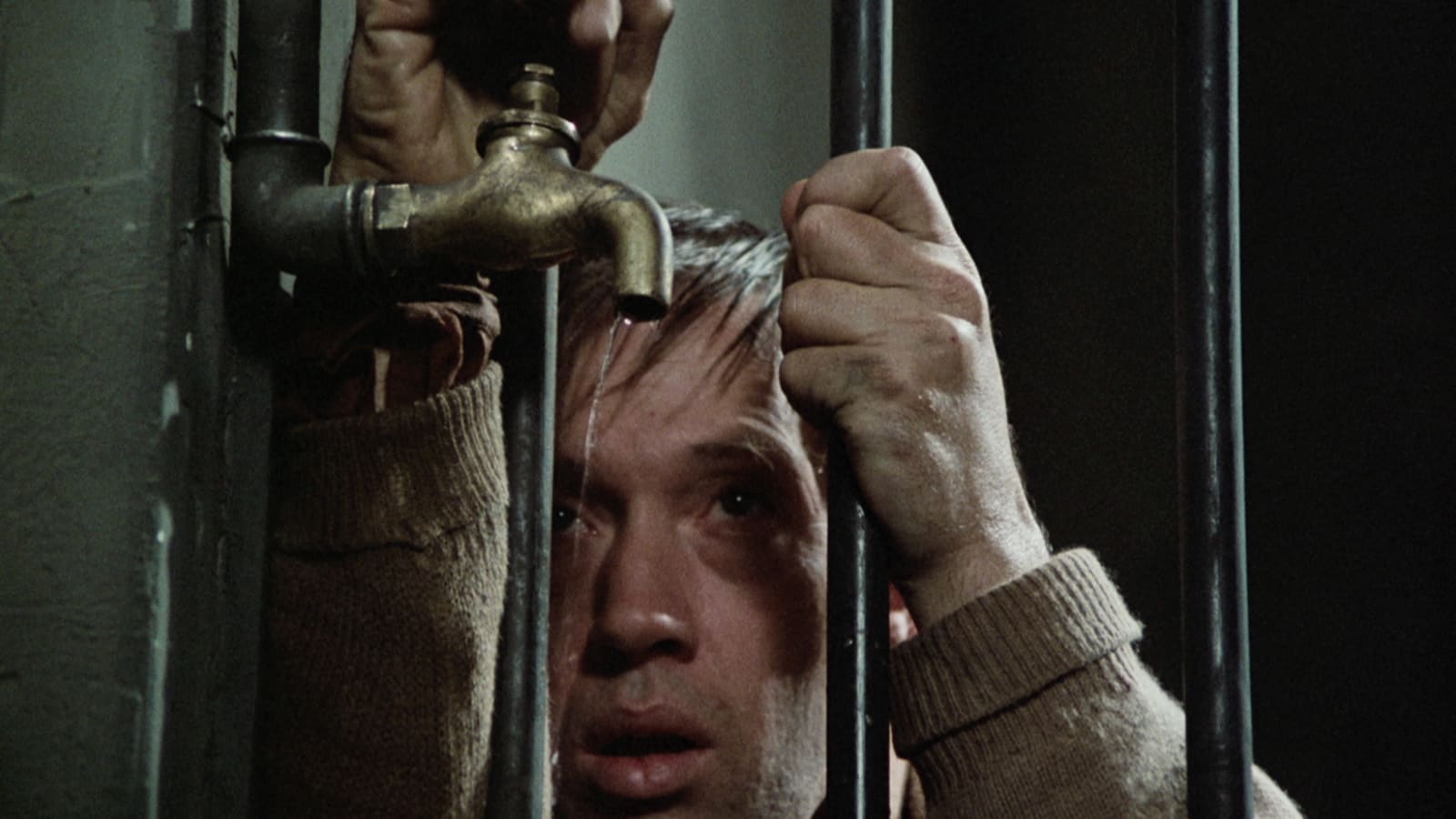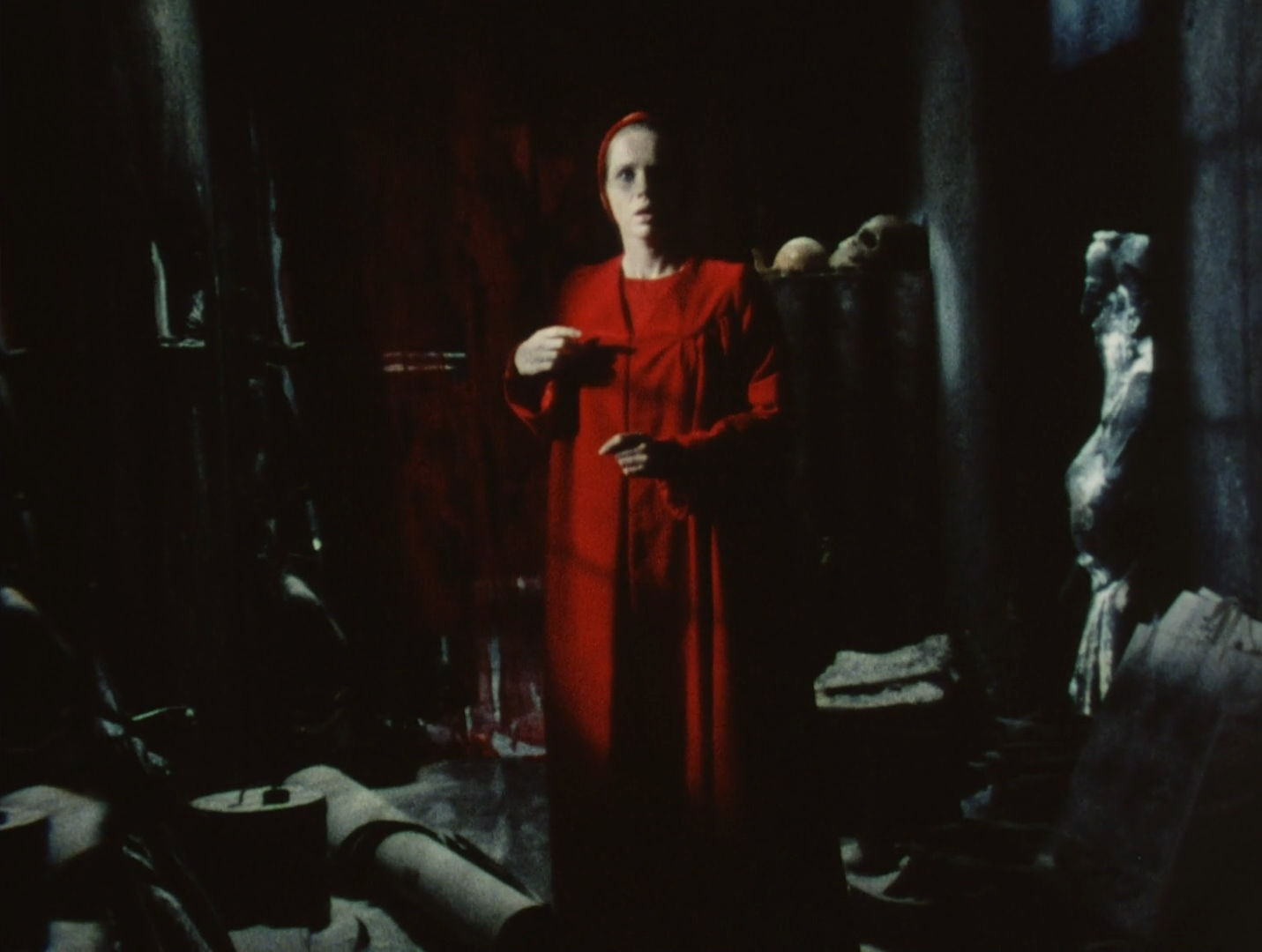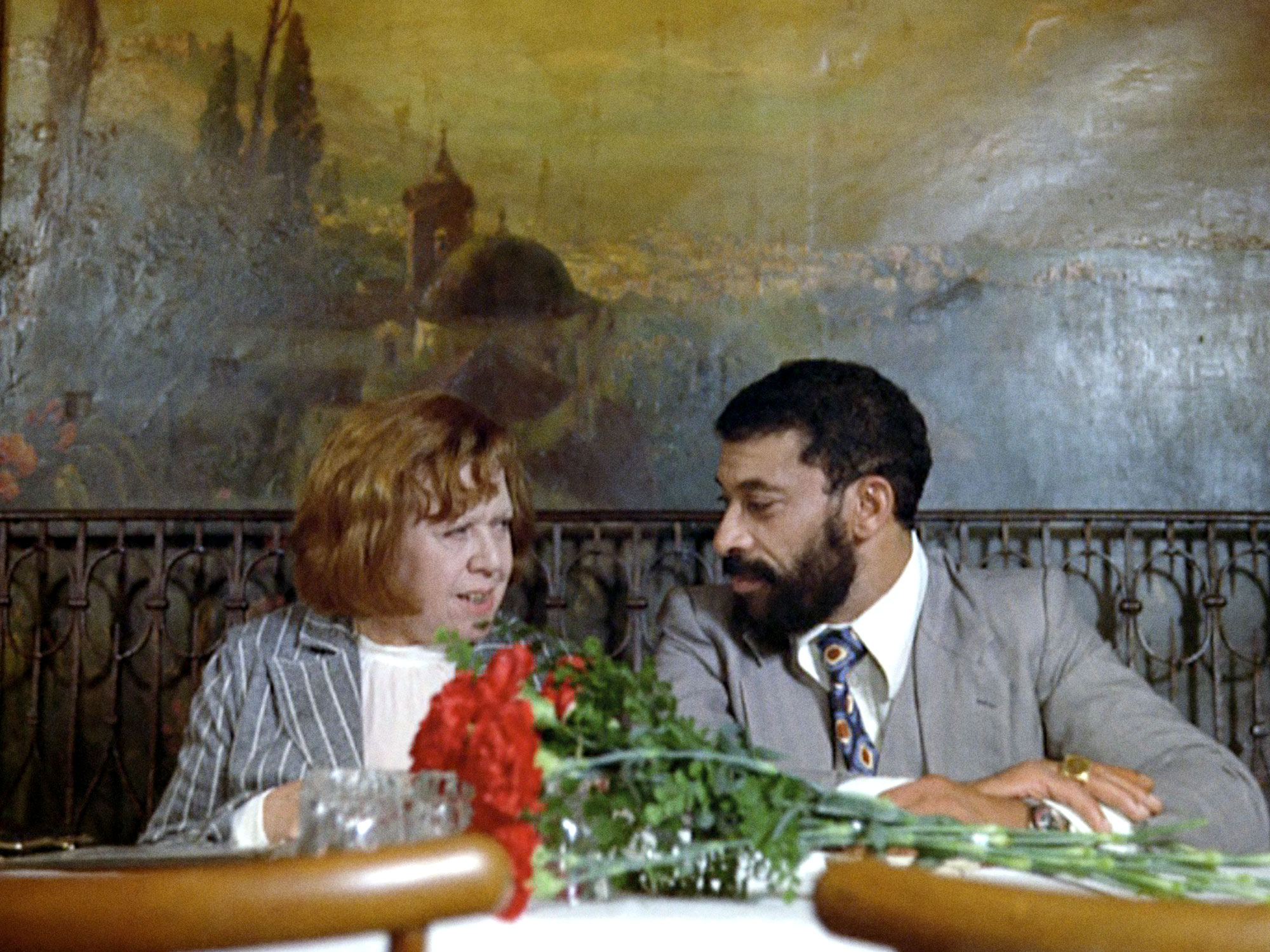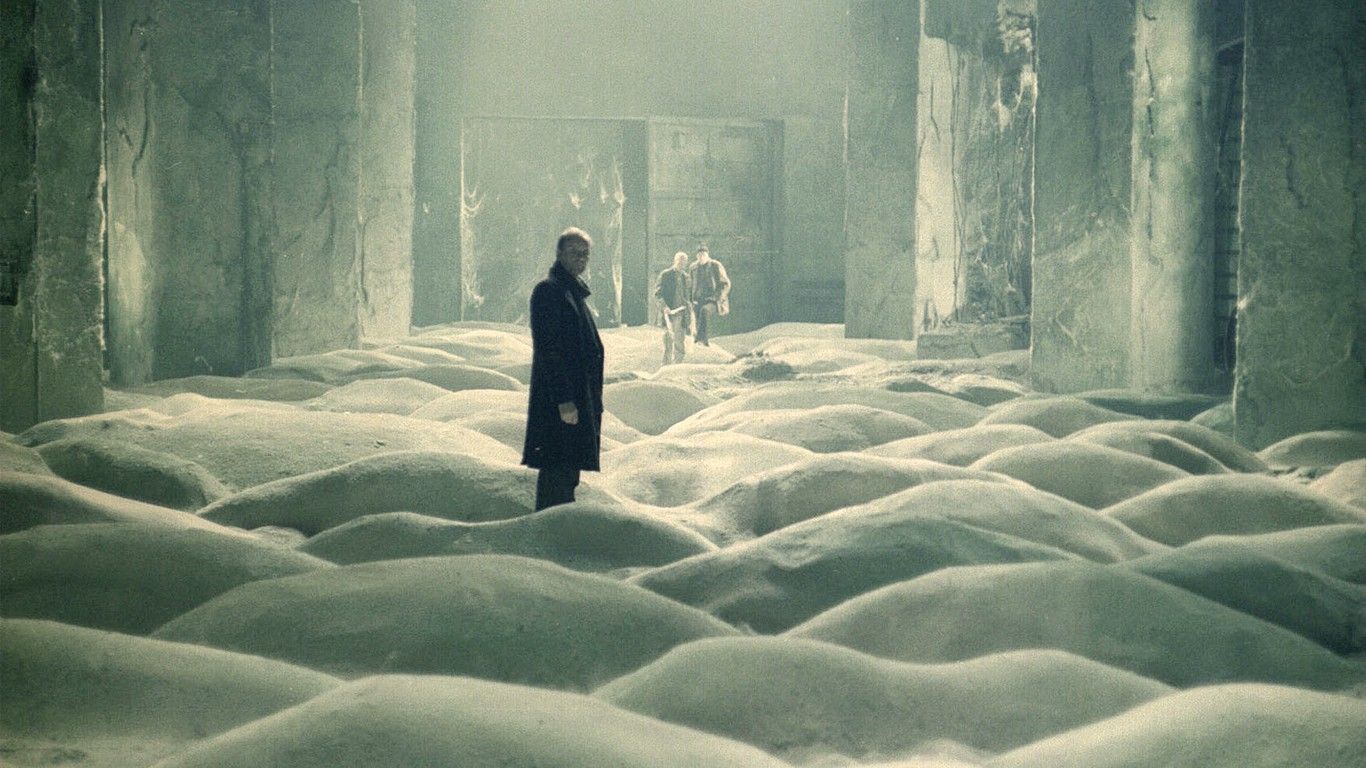-

Autumn Sonata (1978)
Like the persistent rotation between immaculately framed wide shots and close-ups, and the seasonal changes implied within the title Autumn Sonata, both mother and daughter are trapped within cycles of repression in Ingmar Bergman’s psychological family drama, poignantly recognising them as similarly flawed copies of each other.
-

The Serpent’s Egg (1977)
Even as The Serpent’s Egg marks a strange departure from Ingmar Bergman’s usual screenwriting strengths, the bleak tension he builds in his 1920s Berlin setting can’t be denied, witnessing the birth of fascism amid dystopian landscapes of fear, starvation, and corruption.
-

Face to Face (1976)
Even by Ingmar Bergman’s standards, Dr Jenny Isaksson’s characterisation is layered with immense psychological depth in Face to Face, treading a fine line between realism and surrealism as her childhood traumas, insecurities, and mortal fear of death chaotically rise to the surface after years of emotional repression.
-

Ali: Fear Eats the Soul (1974)
Within the tight doorframes and behind the railings that Rainer Werner Fassbinder hems his characters into, the interracial romance of Ali: Fear Eats the Soul is confined to a liminal space between domestic and public life that refuses to separate one from the other, merging melodrama and realism to craft an ineffable moral fable of love’s greatest weakness.
-

Scenes From a Marriage (1973)
Ingmar Bergman uses six isolated episodes of Johan and Marianne’s married life to piece together a collage of a fragmenting relationship in Scenes From a Marriage, turning their divorce not into a battle of husband versus wife, but rather lovers versus the space between them.
-

Cries and Whispers (1972)
Ingmar Bergman’s wrestling with matters of faith and tortured female relationships has never been so vividly illustrated as it is in Cries and Whispers, confining its three sisters and their maid to the crimson-saturated dreams of their family home, and surreally interrogating the fractures which only deepen with their parallel suffering.

